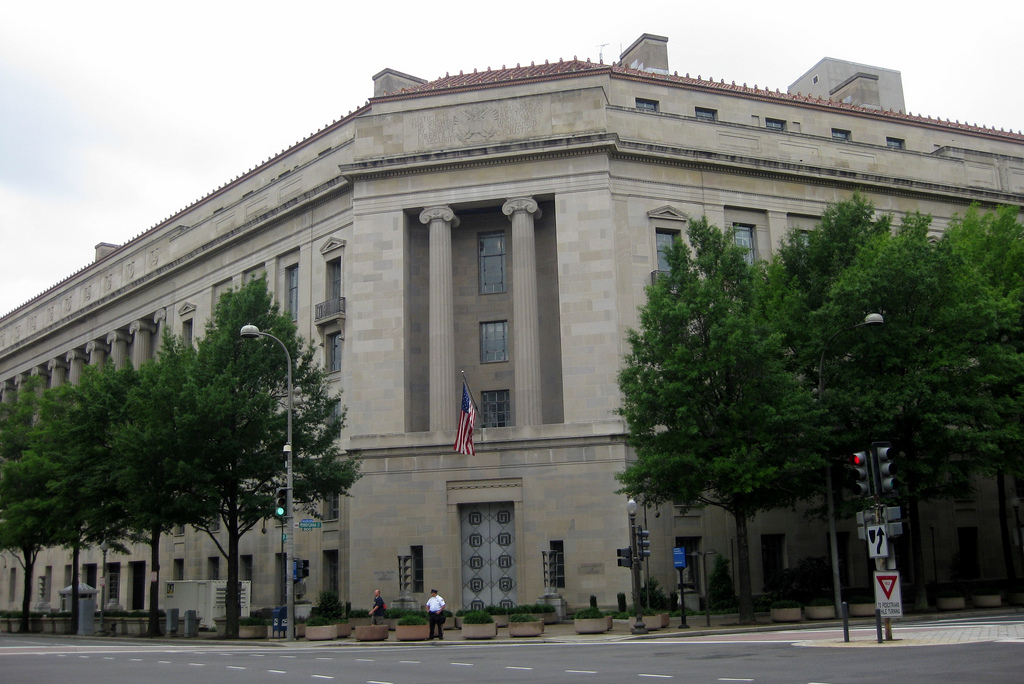Recently it has been reported that about 45% of IT security personnel are dealing with extensive issues resulting from employees clicking on email links and attachments that download malware and phishing attacks. Osterman Research issued its “Best Practices for Dealing with Phishing and Next-Generation Malware” in April . Stories included described real-life situations in which law firms lost hundreds of thousands of dollars to cyber attacks. Here are three key takeaways :
- Users are sharing more information through social media as cybercriminals are refining their tactics, and unfortunately many current anti-phishing solutions are proving insufficient. This makes companies and groups more susceptible to cyber attacks.
- Organizations should execute a training program that will raise their employees’ awareness of phishing attempts and other possible attacks, so users become the first line of defense in any security infrastructure.
- Business and IT decision makers should put forth best practices to help their users screen electronic communication and collaboration for social engineering attacks more carefully.
Article via Above The Law, 20 May 2015
Photo: Macbook Pro via Warren R.M. Stuart [Creative Commons Attribution-NonCommercial-NoDerivs]





